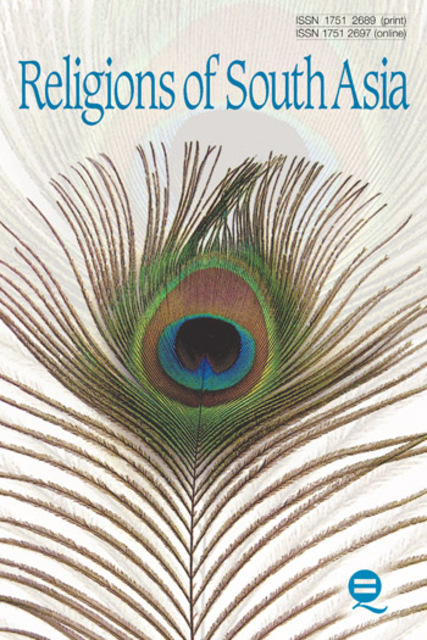Promoting ‘Yogi Art’: Yoga, Education and Nationalism in Post-revolutionary Mexico

Full description
Yoga studies have inaugurated a vast amount of possible research areas that transcend the regional and the disciplinary. This paper probes into the history and reception of yoga in Latin America. In particular, it discusses the ways in which a post-revolutionary Mexican intellectual, José Vasconcelos, understood yoga in the 1920s. This early understanding of yoga was a combination of both socio-political discourses worldwide and the nationalist enterprise of building a modern nation, where notions of race, identity, and cleanliness were paramount. Through different writings, Vasconcelos interpreted both South Asian religions and the Americas as beneficial influences for the betterment of humanity. By noting the influence of different ideologies popular in Latin America (such as nationalisms, Social Darwinism, or Theosophy), this paper analyses the cultural context against which Vasconcelos outlined his understanding of yoga, India, national culture and progress.
- typeImage
- created on
- file formatjpeg
- file size132 KB
- container titleReligions of South Asia
- creatorAdrián Muñoz
- issn1751-2697 (Online)
- publisherEquinox Publishing Ltd.
- publisher placeSheffield, United Kingdom
- rights holderEquinox Publishing Ltd.
- volume15.2
- doi
We use cookies to analyze our traffic. Please decide if you are willing to accept cookies from our website. You can change this setting anytime in Privacy Settings.
